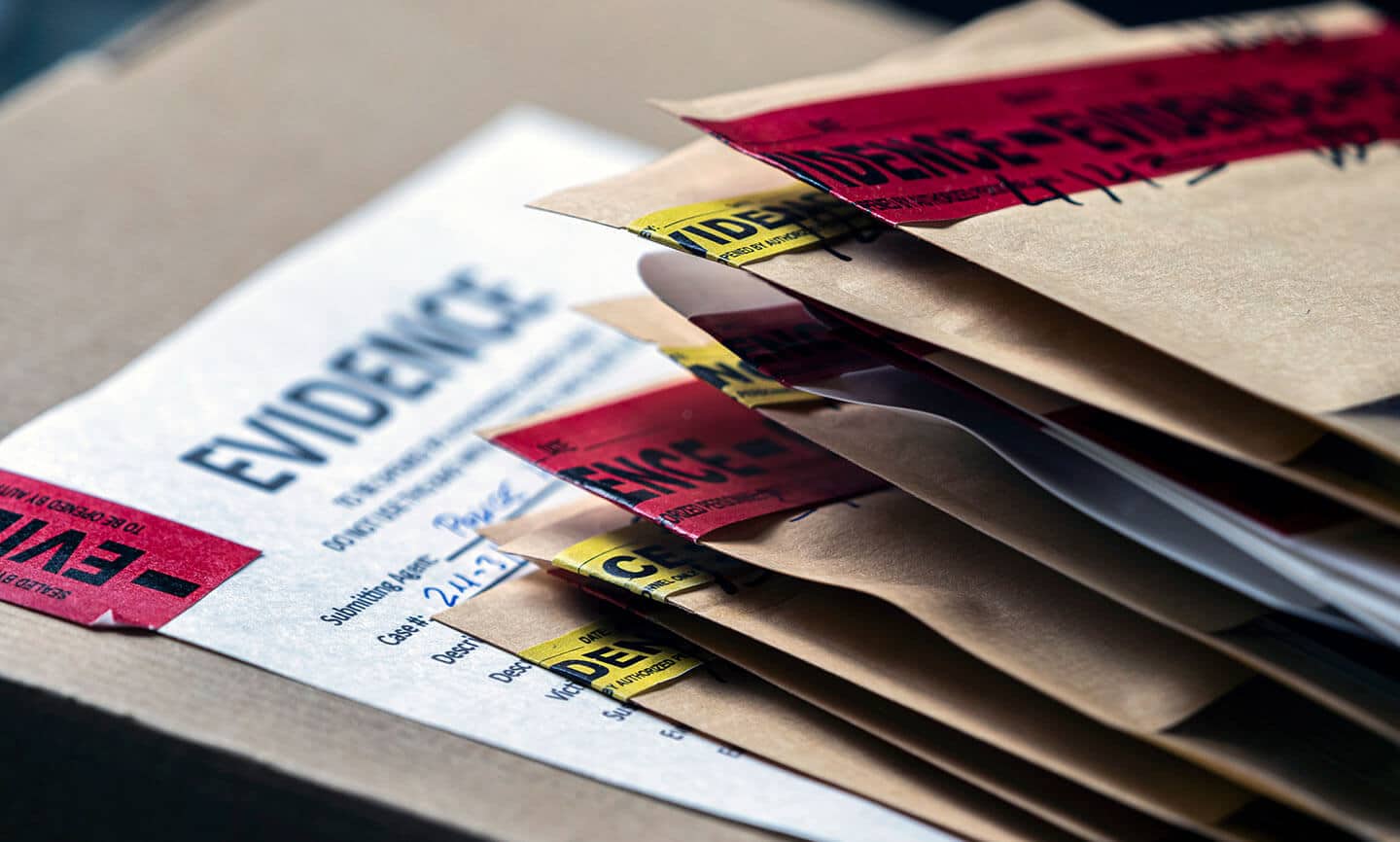
Facing criminal charges can be an overwhelming and frightening experience, especially for those who have no prior experience navigating the Texas criminal justice system. Suddenly, your freedom and future become uncertain, and you worry about how this event will affect the course of your life. It’s natural to feel anxious when law enforcement places you under arrest for an alleged criminal offense. However, you should recognize that you have many legal rights as a defendant, including the right to seek legal representation. As soon as possible, contact a skilled Brazoria County criminal defense lawyer to discuss your situation. Your attorney will work hard to assess the details of your case and determine the most strategic path forward. As you prepare for your upcoming hearing or trial, it’s helpful to understand how the prosecution may use evidence to make its case against you and how your defense lawyer can respond to such evidence and use various legal strategies to secure you the best possible outcome given the specifics of your case.
The Burden of Proof in Texas Criminal Cases
First, it’s useful to understand that the prosecution (the attorneys who represent the state of Texas) must provide evidence of your guilt that goes “beyond a reasonable doubt.” This burden of proof is quite substantial, meaning that prosecutors must provide sufficient evidence that leaves no other reasonable conclusion for the jury to consider other than that the defendant committed the criminal act. As the state prepares its case against you, it must follow a strict set of guidelines and rules in regard to the types of evidence it can use to establish your guilt.
Understanding the Texas Rules of Evidence
Like other states, Texas has established a clear set of Rules of Evidence that govern the use of evidence in criminal proceedings. These rules aim to limit the scope of documents, testimony, and other forms of media that can be used to prosecute a crime—without such guidelines, the defendant’s right to a fair trial may be violated by contaminated, inaccurate, false, or irrelevant evidence. For instance, rumors or statements made by somebody outside of court are often considered hearsay, which is usually inadmissible as evidence. These rules can be incredibly nuanced and complex, so working with a knowledgeable criminal defense attorney who can object to the prosecution’s violations of any of these rules is critical.
Common Types of Evidence in Texas Criminal Proceedings
When most people picture a criminal trial, they tend to base their impressions on TV and movie portrayals of a tense courtroom scene. They often picture evidence presented by witnesses or forensic experts and physical evidence like DNA results, weapons found at the scene, and ballistics reports. As you prepare for your upcoming hearing or trial, it’s important to recognize some of the most common types of evidence that are used in Texas criminal proceedings.
Physical Evidence
Physical evidence refers to tangible objects and materials that can be viewed and inspected during the trial. For instance, any items that were found at the scene (i.e., a torn shirt, a discarded glove, a revolver, etc.) may be entered into evidence and used to further the case against—or in favor of—the defendant.
Documentary Evidence
Any written statements, such as reports, written statements, printouts of emails, or bank statements, can be used as documentary evidence. These documents may describe the events leading up to the alleged criminal act, place the defendant at the scene of the crime, or illustrate the defendant’s culpability. However, a defense attorney can also use documentary evidence to establish a defense or lack of criminal intent.
Testimonial Evidence
Testimonial evidence includes witness testimony provided by individuals under oath during a trial. The defendant has the Constitutional right to confront and cross-examine the prosecution’s witnesses, which can be particularly pivotal when a witness recants, revises, or contradicts a prior statement they made.
Digital Evidence
With much of our lives occurring online, digital evidence is becoming increasingly important in criminal proceedings. Internet browser histories, computer hard drive files or records, social media posts, text messages, and other types of electronic communications are all forms of digital evidence.
Demonstrative Evidence
Charts, graphs, maps, digital re-enactments, and other illustrations are often used in conjunction with witness testimony to help the jury and court visualize certain aspects of the prosecution or defense’s argument.
Effective Legal Guidance You Can Trust
As someone facing criminal charges in Texas, it’s essential to enlist legal representation right away. Your attorney will dive into your case, looking for any violations of your Constitutional rights during your arrest. They will examine the evidence against you and identify the most strategic course of action to build your defense. Now is not the time to leave your future up to chance—call a trusted and caring Pearland criminal defense lawyer today.
Contact Keith G. Allen, PLLC, today at (832) 230-0075 to schedule a free consultation with a trusted and experienced Pearland criminal defense lawyer.





